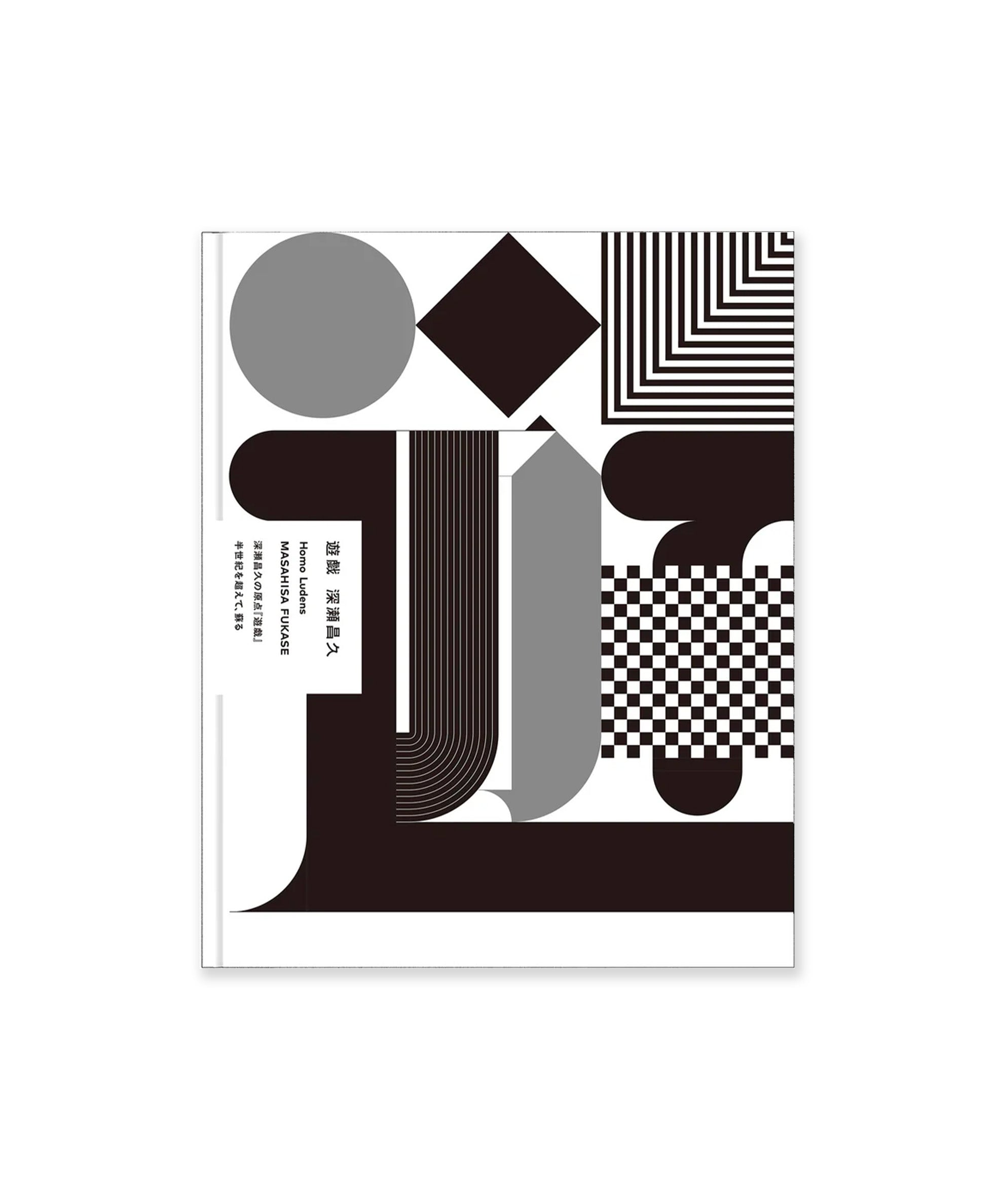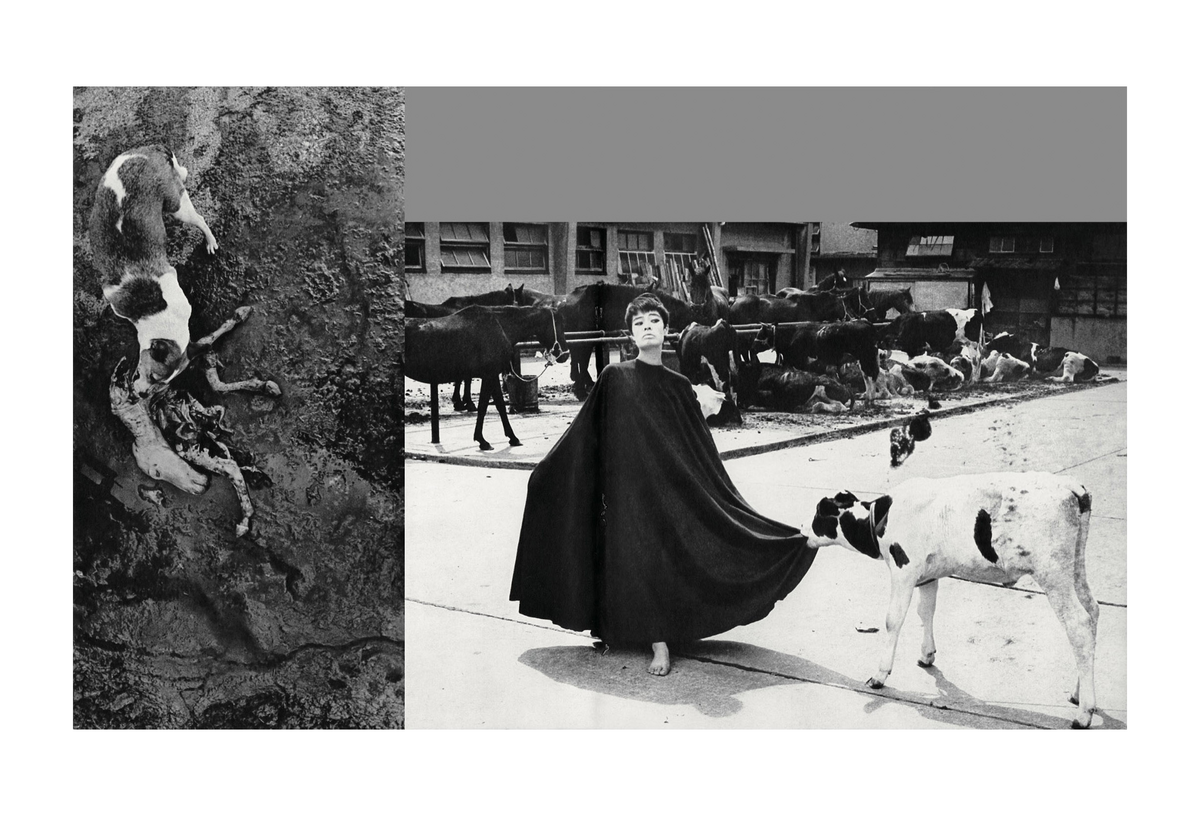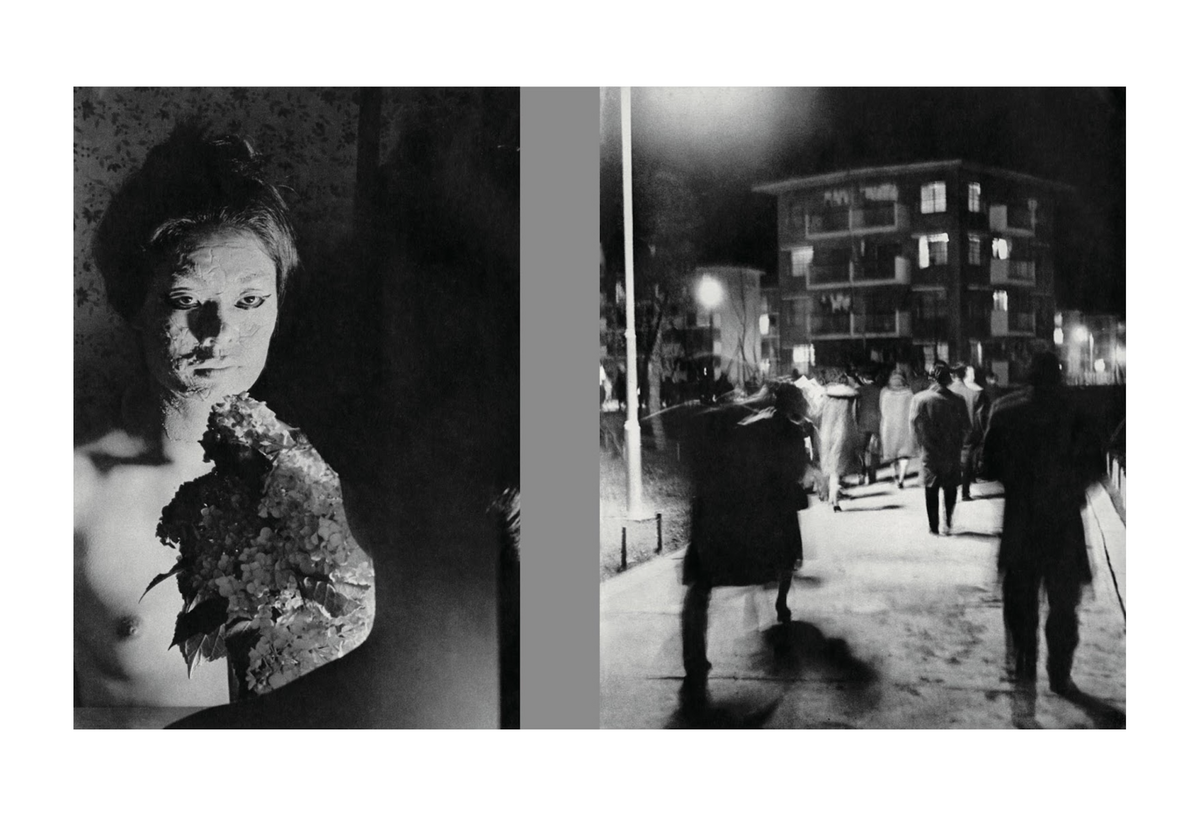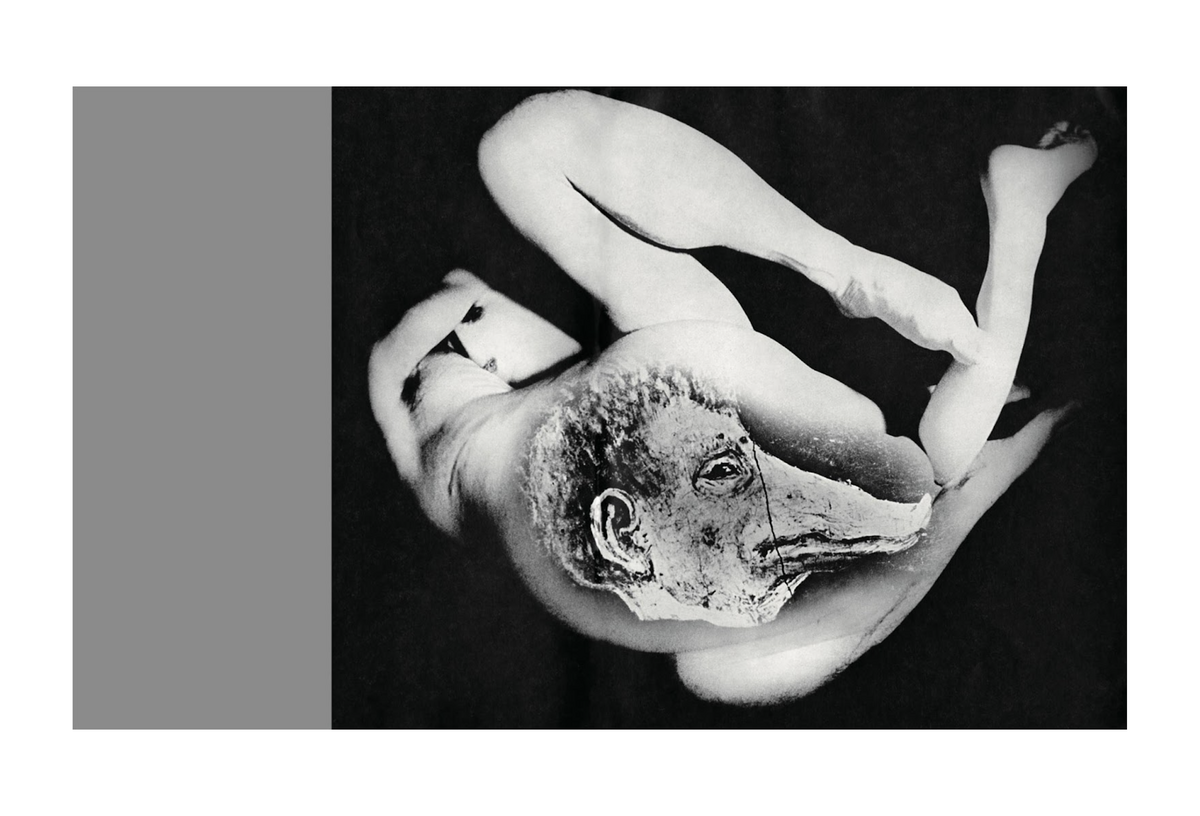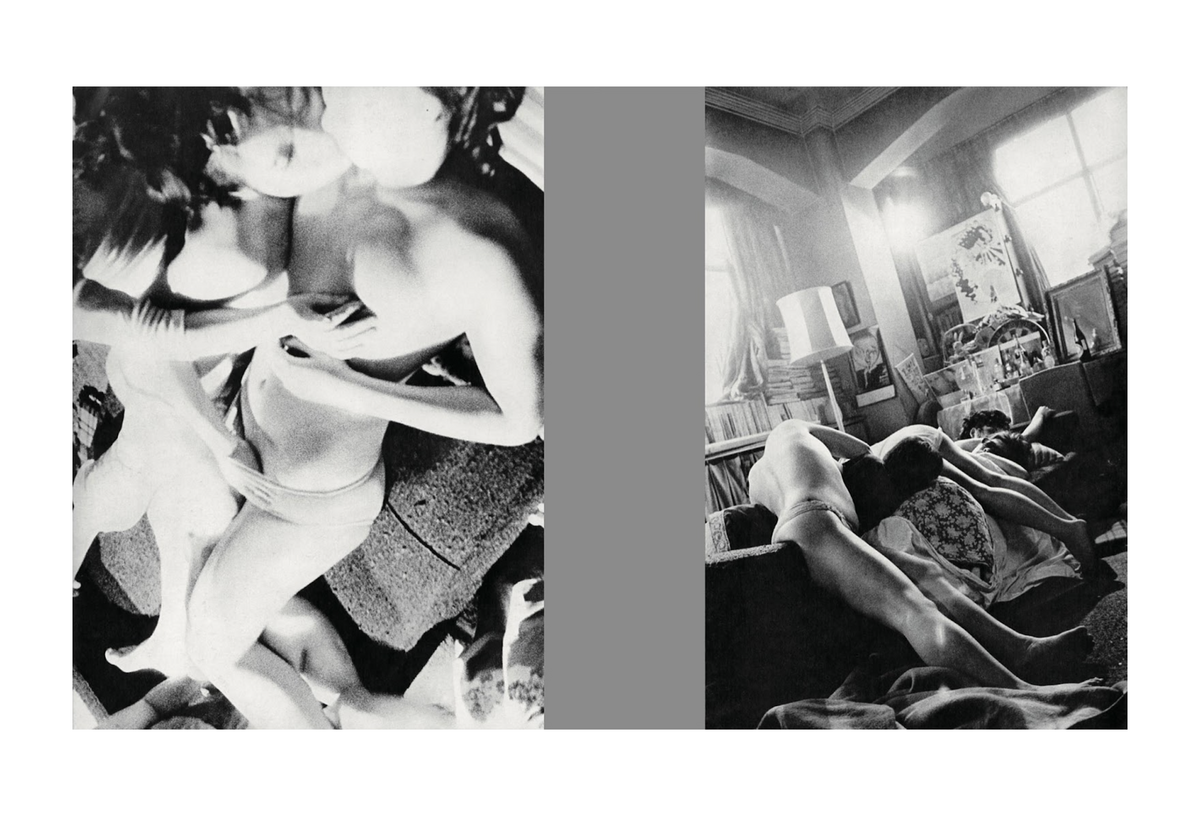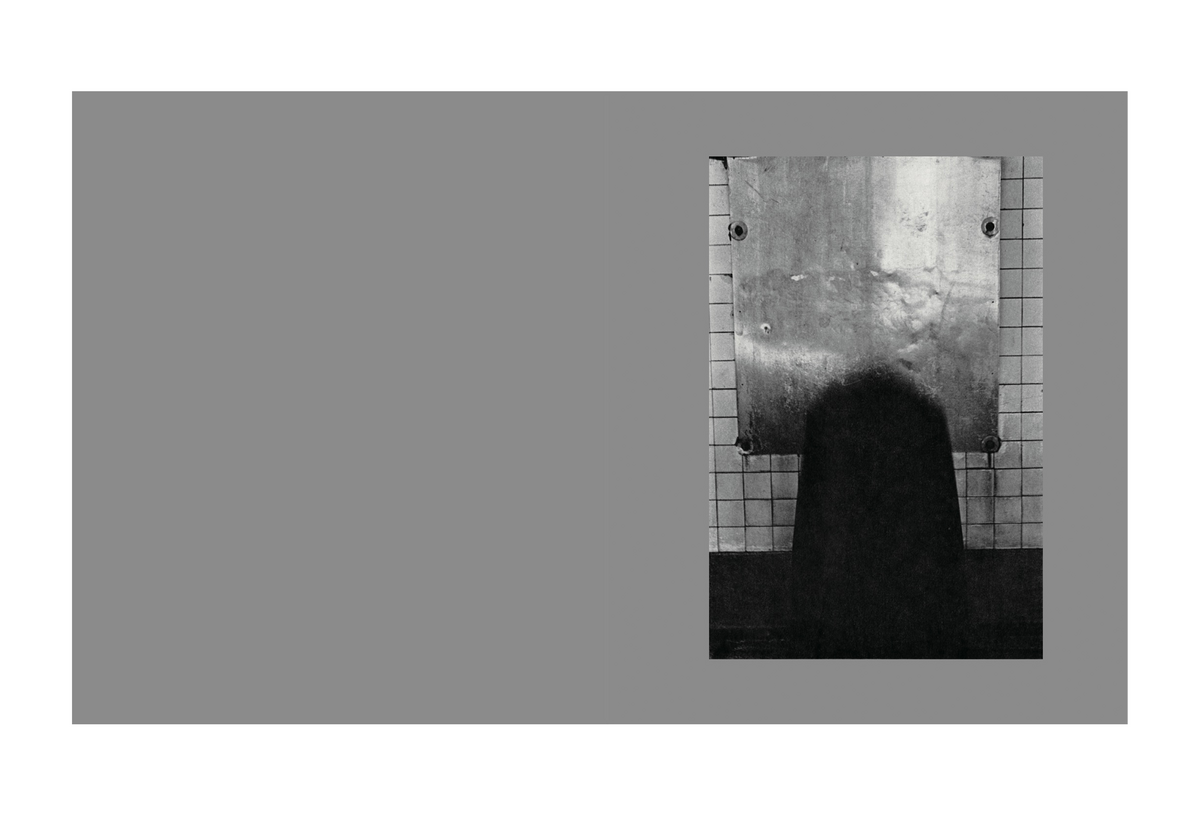Masahisa Fukase - Homo Ludens
Pickup available at 1 rue des Minimes
– Default Title
-
1 rue des Minimes
09709759181 Rue des Minimes
75003 Paris
France
Masahisa Fukase
Homo Ludens
Published by Akaaka, 2025
Size: 28 x 22.5
Hardcover
Languages: English, Japanese
Book currently being imported from Japan. A slight delay may apply to any order placed before October 13th.
“Homo Ludens”, Masahisa Fukase’s first book of photographs, finally resurrected after half a century!
This anthology of photographs, taken over more than ten years and edited by Shoji Yamagishi, editor-in-chief of Camera Mainichi, is a collection that marks the origin of Fukase's work and is filled with images and essence that would shape his later creations. It is structured in six sections, each vividly capturing the interaction between photography and life.
“To” (Slaughter) features images of Yoko Wanibe, whom Fukase accompanied to a slaughterhouse, juxtaposing the butchering of cattle with Yoko posing in a black cape. “Kotobuki” (Congratulations) candidly depicts his life with Yoko shortly after their marriage, in the style of a personal novel. “Gi” (Frolic) portrays the Shinjuku underground scene, where Fukase went after leaving the house he shared with Yoko, and the lifestyle of young people living in groups. “Mei” (Memento), one of his early works, revisits the pregnancy of his former partner, Yukiyo Kawakami, with whom he lived for eight years. “Haha” (Mother) and “Fu” (Music) capture scenes of Yoko and her mother.
Through these sections, "Homo Ludens" conveys the mutual interaction of all living beings and the contradictory but interconnected phenomena of life and death, of encounter and separation.
Fukase's lens is turned inward, focusing on himself and those close to him. The images explore the essence of life as a form of play, with raw and unwavering honesty. This first book of photographs is a powerful testament to Fukase's vision.
This new reprinted edition includes all the photographs and texts from the original version and has been designed with an emphasis on the relationship between the images and the surrounding negative space. This approach provides a timeless response to Fukase's vision.
"Homo Ludens" remains an important work, and this new edition offers a renewed perspective not only on Fukase's work, but also on the act of seeing itself and on our own existence.
